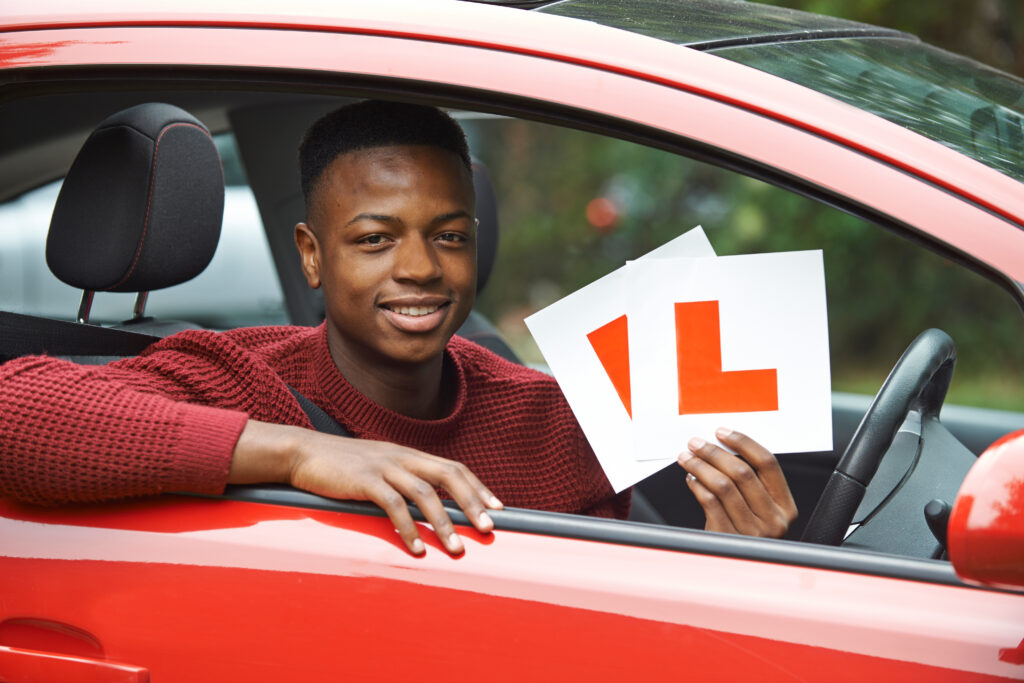How Many Driving Lessons Do You Need to Learn to Drive in the UK?
One of the first questions new learners ask is “How many driving lessons do I actually need?” It is completely normal to wonder how long the process takes and how much you will need to spend before you are test-ready. The truth is that everyone learns at a different pace, but there are some useful guidelines that can help you plan your journey.
Let’s look at what affects how many lessons you might need, what the official advice says, and how you can speed up your progress.
What do most learners need to pass?
The DVSA (Driver and Vehicle Standards Agency) suggests that most people need around 45 hours of professional driving lessons plus 22 hours of private practice with a family member or friend.
Some learners will need less. Others will need more. It depends on your confidence, coordination, and how often you practice.
Here is a simple breakdown of what influences the number of lessons:
How often you take lessons
Learning once a week is good, but twice a week or intensive learning helps you retain skills faster. Gaps between lessons can slow progress because it takes time to get back into the flow each time.
Manual or automatic
Manual usually takes longer because you are learning clutch control and gear changes on top of everything else. Automatic lessons often lead to quicker progress, especially in busy cities like London.
Confidence and nerves
Feeling anxious is totally normal, but nerves can affect how quickly you learn. A calm, supportive instructor can make a huge difference to your confidence.
Private practice
Extra driving with a parent or family member builds experience faster. Little drives become big progress over time, such as practising parking at the supermarket or handling roundabouts at different times of day.
Age and previous experience
Some people pick it up quicker due to gaming experience, cycling on roads, or good spatial awareness. There is no “perfect age” to learn. Your mindset matters more than years.
Driving location
Learning in London often takes longer due to traffic, busy roads, complex junctions, and fewer quiet spaces for beginners. Outside the city, learners may progress faster during the early stages.

The quality of your instructor
A skilled instructor who explains things clearly and believes in you helps you learn faster. If you do not feel comfortable with who you are learning from, changing instructors can be the best decision you make.
How to know when you are ready for your test
Passing the driving test requires more than just knowing how to move the car. You need to:
• Spot hazards early
• Make safe decisions without being told
• Control the car smoothly
• Stay calm under pressure
• Drive independently on different types of roads
Your instructor should give you honest feedback and let you know when your skills are test-ready. Many learners rush into the test too early, which often leads to disappointment and more cost in the long run.
Tips to reduce the number of lessons you need
If you want to progress as efficiently as possible, here are some helpful tips:
• Book lessons regularly to keep momentum
• Ask questions whenever something feels unclear
• Practise between lessons if you can
• Review what you learned after each session
• Choose a patient instructor you connect with
• Stay positive when you make mistakes (everyone does!)
The more engaged you are in your learning, the faster everything “clicks.”
Should you take an intensive course?
Intensive driving courses can be great if you want to learn quickly. They usually involve several hours of lessons per day for one to two weeks. These courses suit motivated learners who can stay focused for long periods.
Although they can save time, they are not right for everyone. Some people need slower steps to build confidence gradually. Listen to what feels right for you.
Final thoughts
There is no magic number for how many driving lessons you need. What matters most is learning at a pace that allows you to feel confident, safe, and fully prepared for the real world, not just the test.
Whether it takes 30 hours, 45 hours, or even more, progress is progress. Every minute you spend behind the wheel is experience that prepares you for independence and freedom.
Be patient with yourself. Celebrate the small wins. You are learning a life skill that will benefit you for years to come.
You will get there. One lesson at a time.



